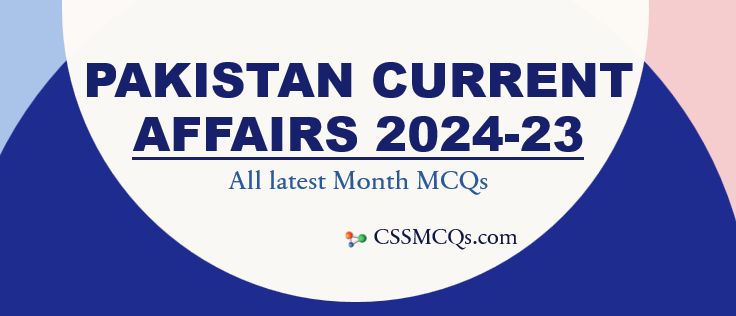Pakistan Current Affairs MCQs 2024 FPSC NTS PPSC Past Papers Test Questions
- » Current Affairs of Pakistan 2022-2023 All latest month MCQs
- » Pakistan Current Affairs 2023/2022/2021/2020 MCQs pdf download
- » Top Most Important Current Affairs of Pakistan 2021

Current Affairs Pakistan MCQs 2024
Looking for the latest Pakistan Current Affairs MCQs 2024? Prepare for competitive exams like FPSC, NTS, PPSC, KPPSC, and SPSC with our comprehensive test preparation materials. Our collection includes past papers, solved questions, and multiple-choice questions on current affairs of Pakistan. Stay updated on recent national issues, important events, and the most repeated MCQs of Pakistan Current Affairs. This MCQs Quiz will help you excel in your upcoming tests with the latest and most relevant content.
SUMMARY of the Article “Economic Plan,” Dawn, January 2nd, 2025
The editorial delves into the five-year economic plan “Uraan Pakistan,” unveiled by Prime Minister Shehbaz Sharif, aimed at transforming Pakistan into a trillion-dollar economy by 2035. The initiative is rooted in the PML-N’s ‘5Es Plan,’ emphasizing exports, information technology, environment and climate, energy and infrastructure, and justice for all. It proposes a “National Economic Transformation Plan” to address pressing economic challenges through stabilisation and growth. The plan aspires to achieve a 6% growth rate by 2028, attract $10 billion in annual private investment, and double exports to $60 billion in five years. Despite its ambitious vision, the editorial critiques the absence of concrete policy reforms and implementation strategies. A delivery unit has been set up in the Prime Minister’s Office to ensure transparency and accountability, but the government’s nine-month track record on structural reforms raises skepticism. Moreover, contradictions in policy, such as slowing internet speeds while aiming to boost IT exports, undermine the plan’s objectives. Political instability, policy inconsistency, and lack of reformative measures further exacerbate economic challenges. The article emphasizes that monitoring and » Read More…

